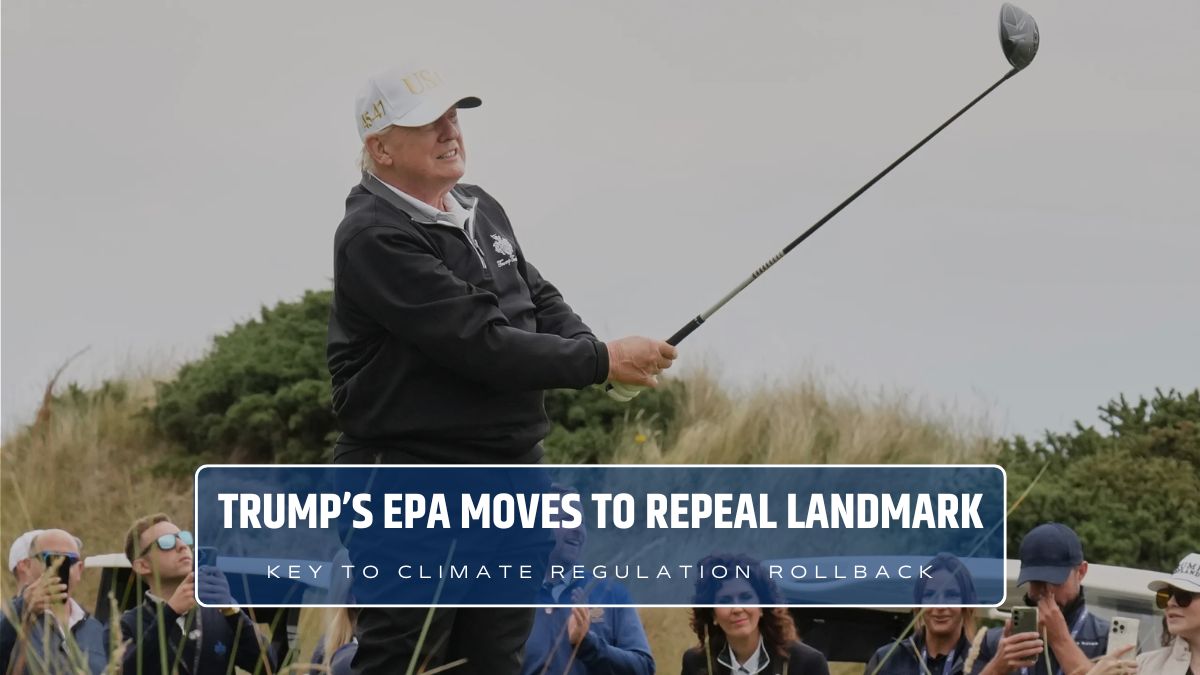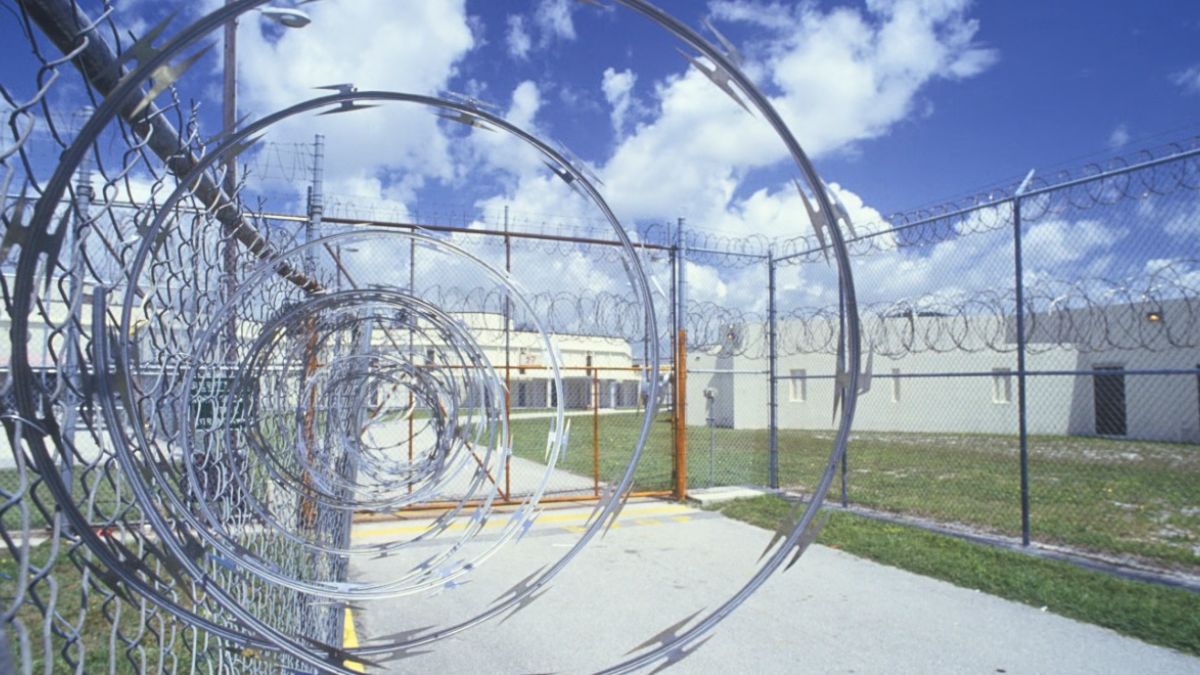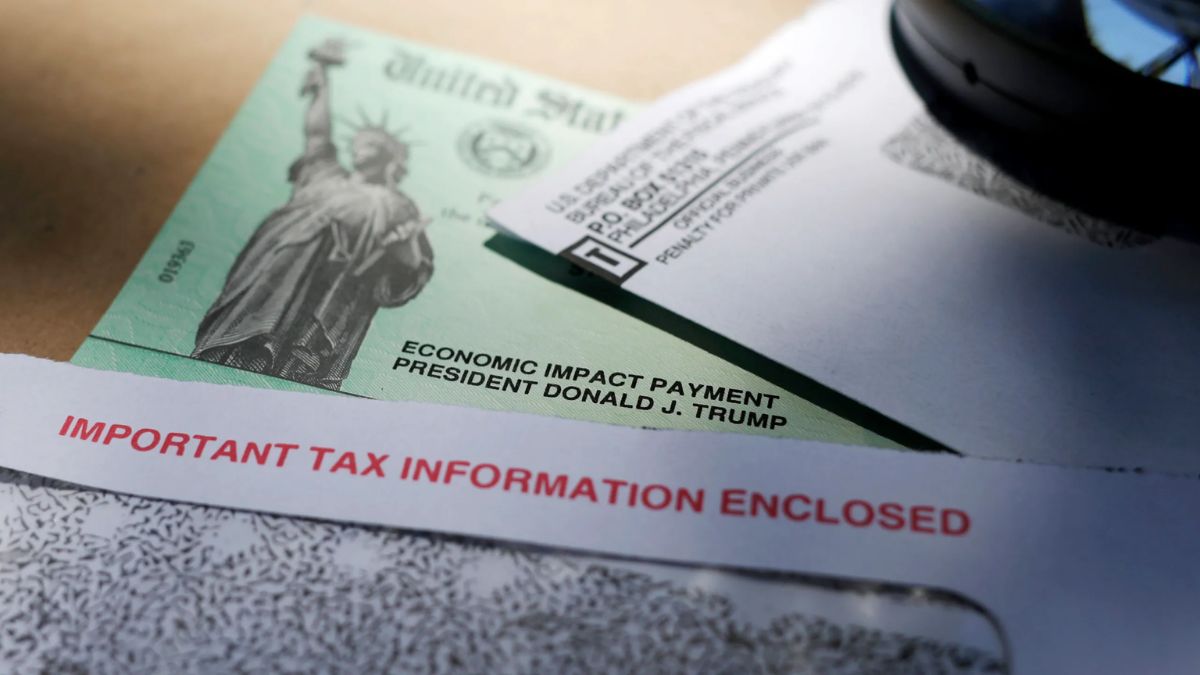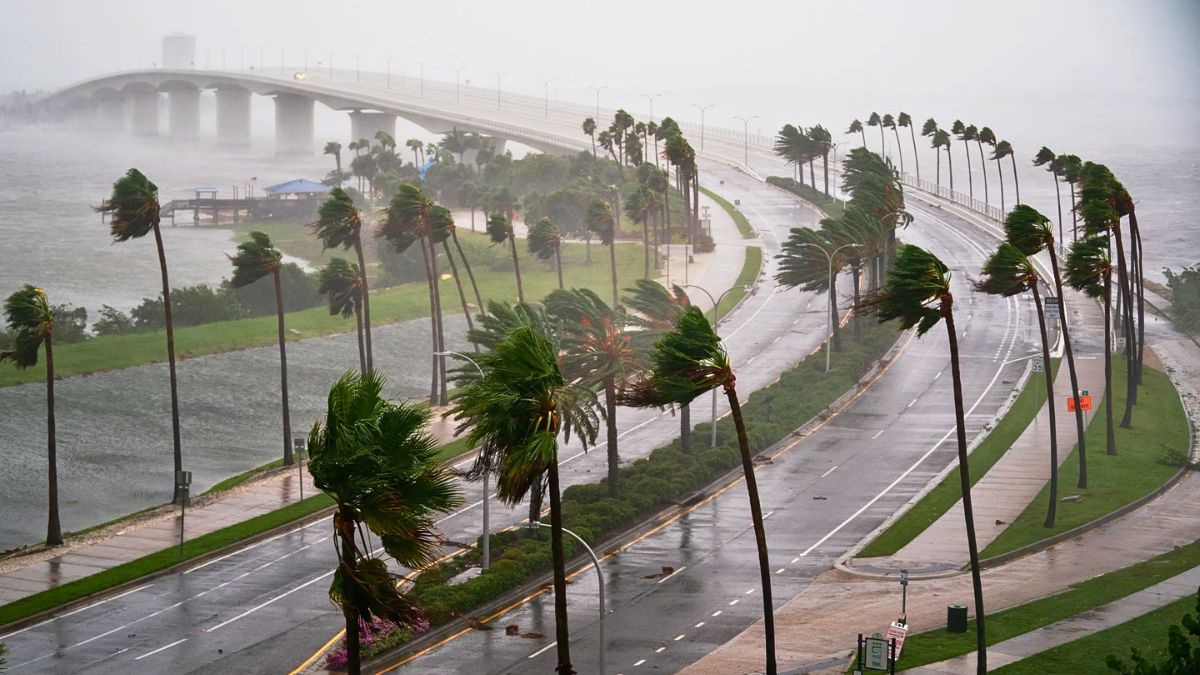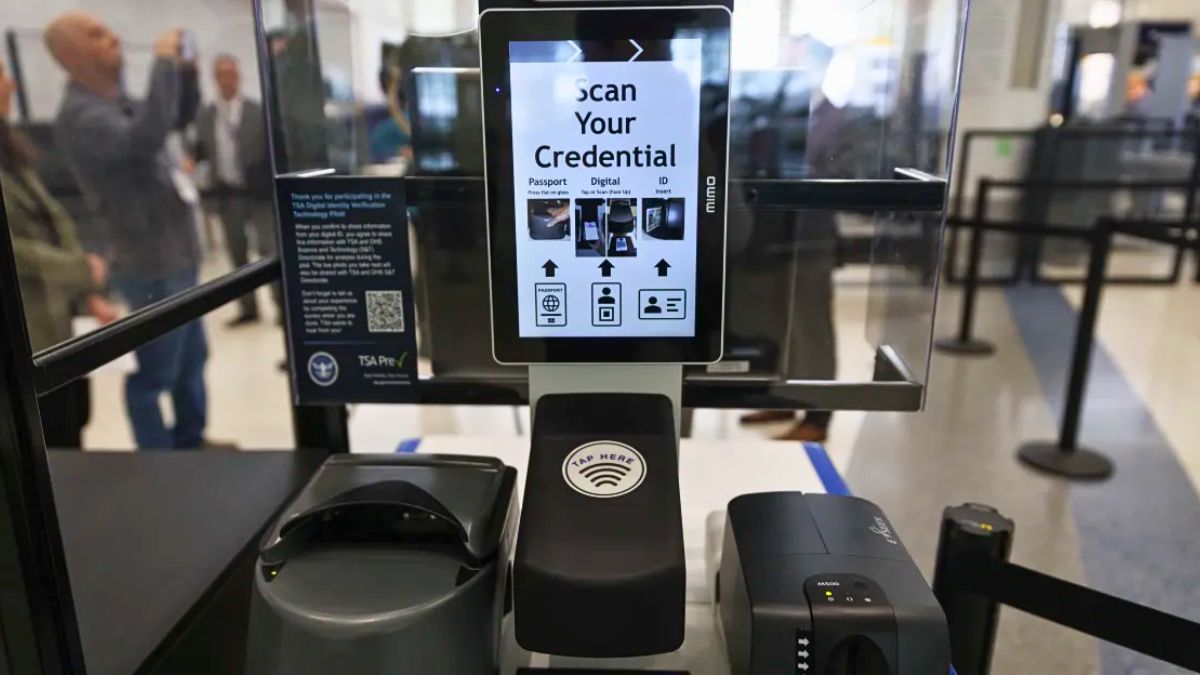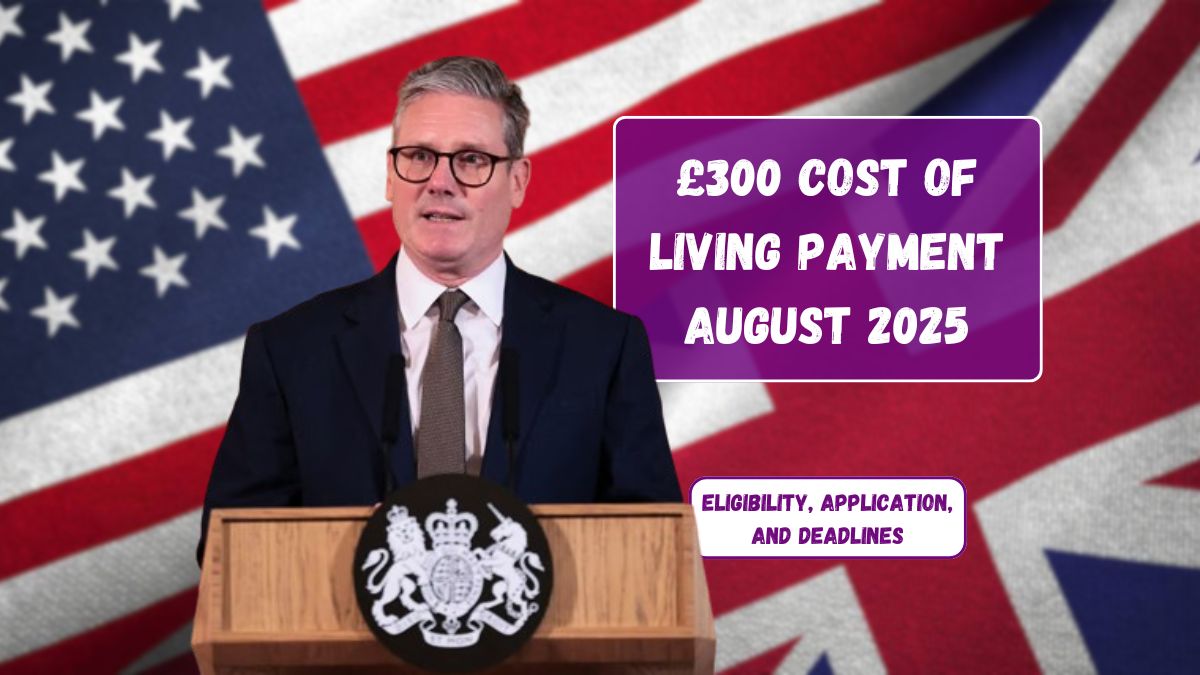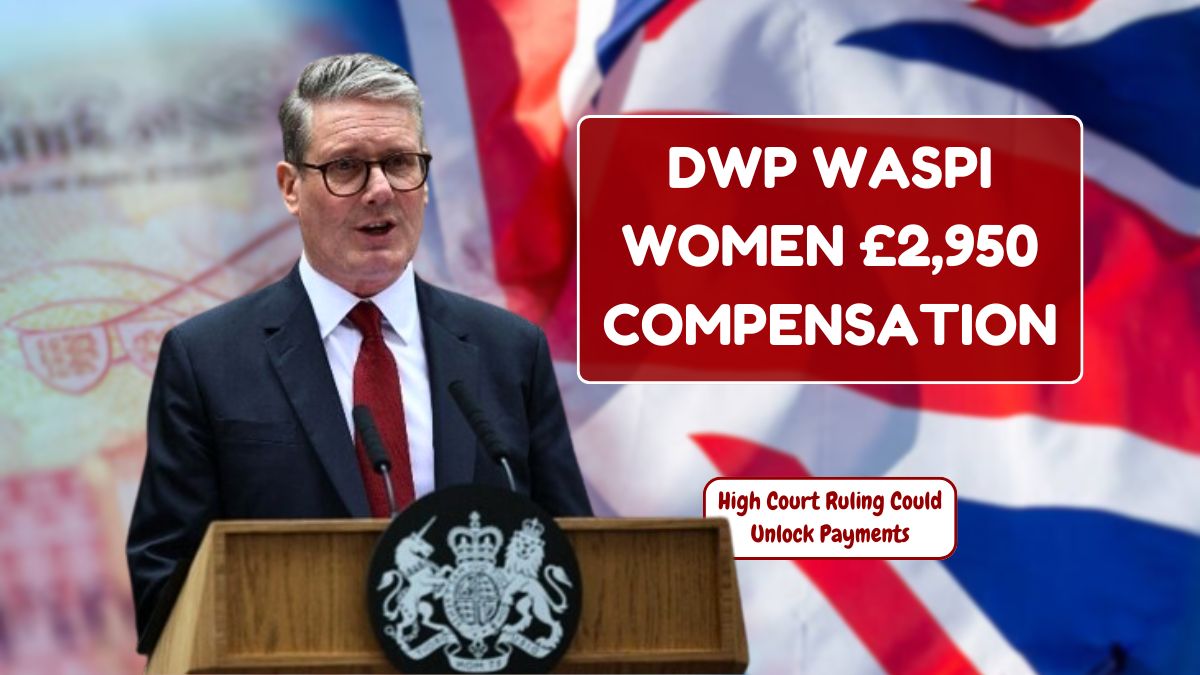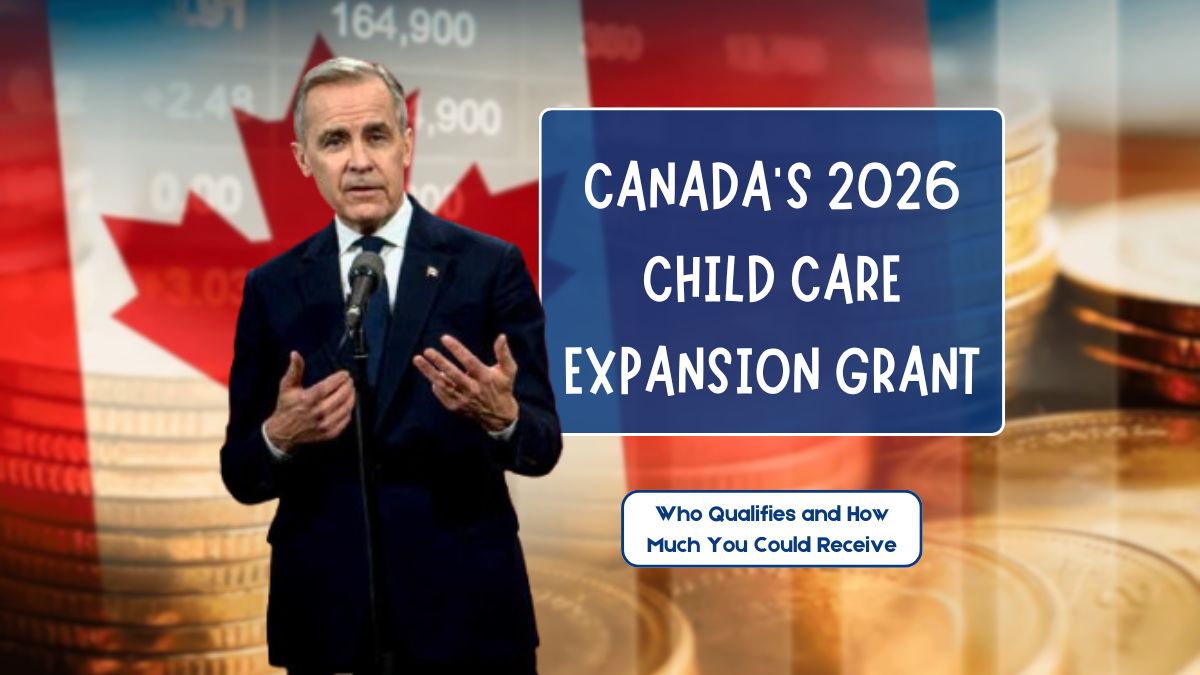In a sweeping proposal announced Tuesday, the Trump administration took aim at the very heart of U.S. climate regulation. The Environmental Protection Agency (EPA), led by Administrator Lee Zeldin, is seeking to revoke the 2009 endangerment finding—the scientific determination that greenhouse gases pose a threat to public health and welfare.
This finding is the legal cornerstone of virtually all federal climate regulations, including those on tailpipe emissions, power plants, and industrial facilities. Without it, future efforts to fight climate change could be legally paralyzed.
Background
The endangerment finding stems from a 2007 Supreme Court ruling in Massachusetts v. EPA, which held that carbon dioxide and other greenhouse gases qualify as air pollutants under the Clean Air Act. Two years later, under the Obama administration, the EPA issued the endangerment finding to officially recognize the health risks posed by these emissions.
This declaration gave the agency the authority—and, in many views, the responsibility—to regulate greenhouse gas emissions from major sources like cars, planes, and factories.
Deregulation Push
Zeldin is calling this rollback “the largest deregulatory action in the history of America.” Speaking on the conservative Ruthless podcast, he criticized the finding as a tool used to justify regulations that harm the economy and restrict consumer choice. He argued that regulations tied to the finding have driven up costs for American families.
His agency also proposed eliminating tailpipe emission limits designed to increase the adoption of electric vehicles. Zeldin and Trump have falsely labeled those standards as an “EV mandate,” despite the fact they simply required manufacturers to lower fleet emissions over time.
Zeldin announced the broader deregulatory plan back in March, calling it “the greatest day of deregulation in American history.” That plan includes the repeal or rollback of 31 environmental rules.
Reactions
Environmentalists are sounding the alarm. Christy Goldfuss of the Natural Resources Defense Council said the move flies in the face of growing climate-related disasters. “The Trump administration is trying to argue that the emissions turbocharging these disasters are not a threat,” she said.
Three former EPA administrators, including Christine Todd Whitman—a Republican who served under President George W. Bush—also condemned the plan. Whitman said the current administration’s direction is “contrary to what the Environmental Protection Agency is about.”
Critics argue that revoking the finding not only ignores science but puts lives at risk. According to Fred Krupp of the Environmental Defense Fund, the finding is “built on a rock-solid scientific foundation” and has helped deliver cleaner air and healthier communities.
Legal
Even if finalized, this proposal is expected to face fierce legal opposition. The Clean Air Act gives the EPA authority to regulate harmful pollutants, and the 2007 Supreme Court ruling affirmed that greenhouse gases fall into that category.
Abigail Dillen of Earthjustice said the proposed repeal “seeks to deny settled science” and would struggle to survive judicial review. She added that the EPA is pretending the pollution causing climate disasters “is not hurting us,” even as real-world evidence proves otherwise.
Consequences
Repealing the endangerment finding would erase current federal limits on carbon emissions from multiple sectors. It could also make it harder—if not impossible—for future presidents to reintroduce climate rules without passing new legislation, which is politically difficult.
Scott Saleska, a climate scientist at the University of Arizona, likened the repeal to “a driver who is speeding toward a cliff taking his foot off the brake and instead pressing the accelerator.”
Jim Walsh of Food & Water Watch didn’t mince words either. He said, “Zeldin’s assertion that the EPA shouldn’t address greenhouse gas emissions is like a fire chief claiming they shouldn’t fight fires. It is as malicious as it is absurd.”
Here’s a breakdown of the potential impacts:
| Area of Regulation | Current Status | If Finding Is Repealed |
|---|---|---|
| Vehicle Emissions | Regulated | Deregulated |
| Power Plant CO₂ Limits | Regulated | Eliminated |
| Legal Framework | Based on Clean Air Act authority | Likely weakened or removed |
| Public Health Protections | Backed by science | Undermined |
| Future Rulemaking Potential | Strong legal foundation | Severely restricted |
FAQs
What is the endangerment finding?
A 2009 EPA decision saying greenhouse gases harm public health.
Why is EPA trying to revoke it?
They claim it imposes costly and unnecessary regulations.
What regulations would be affected?
Vehicle, power plant, and industrial emission rules.
Is this legally allowed?
It will likely be challenged in court for overstepping.
What do scientists say about it?
They say repeal ignores science and endangers health.

